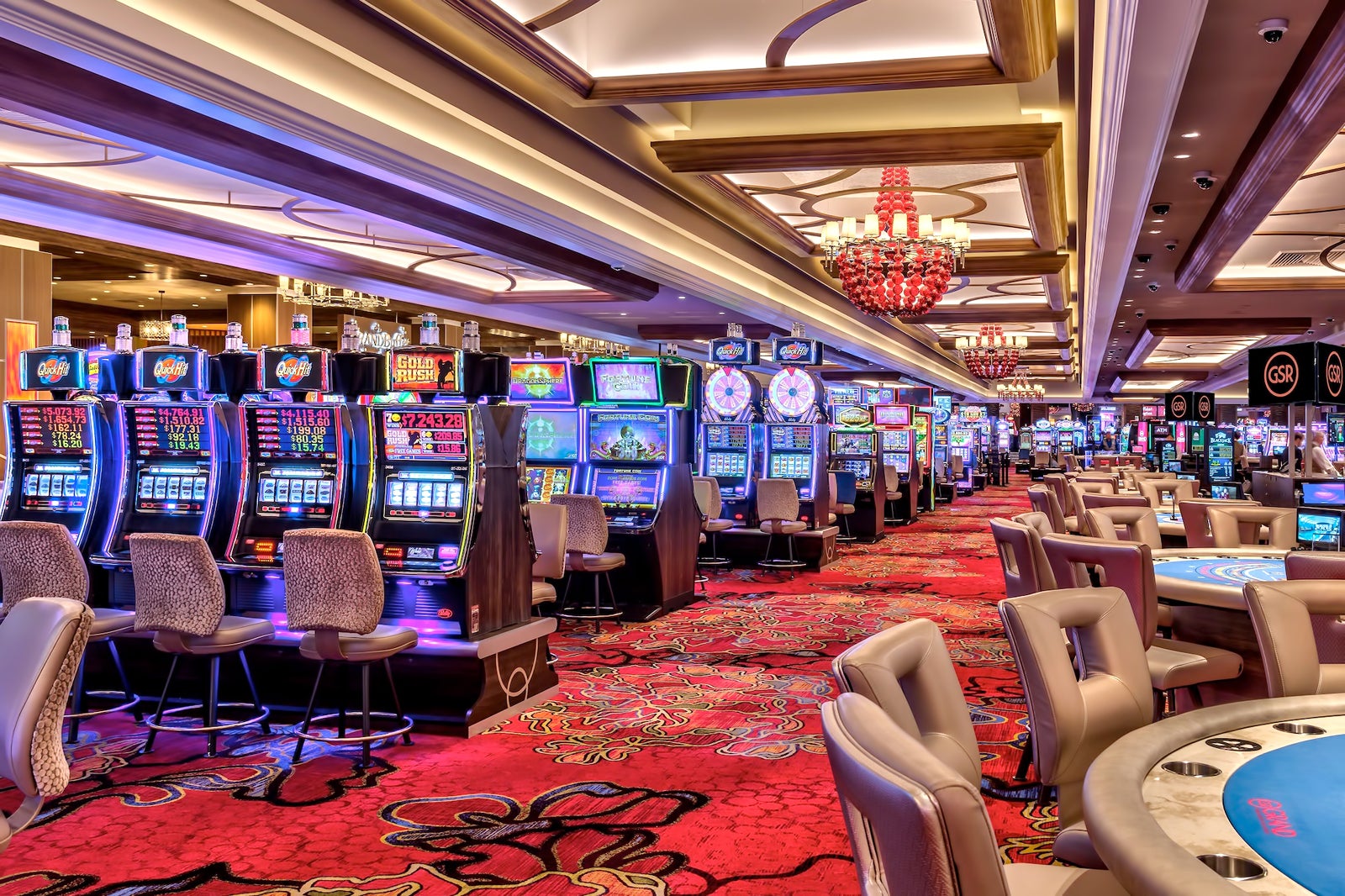
Gambling games have captivated for years a diverse audience, offering not only excitement through chance but also a tailored experience designed for various types of players. Including strategic players who excel at strategic thinking to more casual gamers in search of entertainment, casinos are aware of the details of their audience and design games that meet these diverse tastes.
In exploring the universe of casino gaming, we find a variety of choices that appeal to all types of players. Poker tables with high stakes entice those who are competitive, while exciting slot machines appeal to players who seek quick rewards. Whether it be the chance to win big or simply savoring the social atmosphere, casinos tailor their game offerings to ensure that all players find a place where they feel welcome and involved. Comprehending how these games are designed for various player types can enhance not only our enjoyment of them but also how we approach selecting which games to play.
Understanding Player Types
In the diverse world of casino entertainment, gamers can be categorized into specific kinds based on their incentives and preferences. These gamer categories range from the relaxed and communal gamers, who enjoy the fun value and social interactions that gambling provides, to the more strategic and analytical players, who seek to increase their probabilities and profits. Comprehending these various categories is essential for casinos to tailor their services and create immersive environments.
One common type is the social player, who views casino games as a form of social interaction and fun rather than a serious gambling endeavor. casinos not on Gamestop These players often enjoy games that encourage participation and friendship, such as poker. Their focus is on the experience rather than the result, so dynamic environments and shared moments are what they cherish the most.
On the opposite end of the spectrum, strategic players are motivated by contest and the search of expertise. They tend to be drawn toward games that necessitate strategic thinking and strategy, such as poker, where their competencies can influence the conclusion. This category often involves with the games on a deeper level, utilizing expertise and approaches to secure an edge. Understanding these drives allows casinos to design environments and game selections that address to each participant’s individual choices.
Game Design Strategies
Casino games are created with diverse player types in mind, employing multiple strategies to draw in and capture them. For recreational players, the focus is on simplicity and clarity. Games like slot machines are frequently visually appealing with straightforward mechanics. This enables players to enjoy the experience without a steep learning curve, creating an inviting atmosphere. The bright colors, catchy sounds, and thematic elements create a playful environment where players can easily get immersed and enjoying themselves.
For strategic players who enjoy a more profound level of engagement, games such as poker and 21 offer depth and strategic elements. These games feature strategy and tactical choices, attracting to players who excel on competition and want to utilize their cognitive abilities. The design of these games often includes intricate rules and mechanics that test players to hone their skills and develop strategies over time, resulting in a fulfilling experience for those who appreciate mastering the game.
Additionally, social players are considered through games that highlight interaction and community. This includes live dealer games and multiplayer games, which foster a sense of community among players. The design of these games typically incorporates communication tools and social elements, allowing players to interact and exchange insights. By building an environment where interaction is encouraged, casinos can effectively involve community players, making the gaming adventure more pleasurable and memorable.
Improving Gamer Experience
Betting titles have progressed notably to provide a much more immersive atmosphere for participants. Software developers focus on immersive images, dynamic sound effects, and creative gameplay mechanics that pull participants into the gaming space. By utilizing tech, such as immersive technology and enhanced reality, casinos ensure that participants feel as if they are part of a exciting environment, enhancing not only the enjoyment of the titles but also the overall enjoyment of being in a betting establishment.
Player interaction is another important factor in improving player experience in casino titles. Many titles are designed to promote communication among players, whether through multiplayer formats or social tools. This community feature appeals to participants who appreciate communicating with fellow players while playing, fostering a feeling of community. Furthermore, interactive elements can feature leaderboards, contests, and rewards for collaborative gaming, which engage determined gamers and encourage them to come back for additional.
Finally, customization plays a crucial role in adapting the experience for different gamer demographics. Betting companies and title creators study participant habits and preferences to present customized game suggestions and rewards. By comprehending the individual interests of players, gaming establishments can provide tailored promotions, rewards, and fresh games that resonate with each gamer, thus improving their overall satisfaction and devotion to the casino.